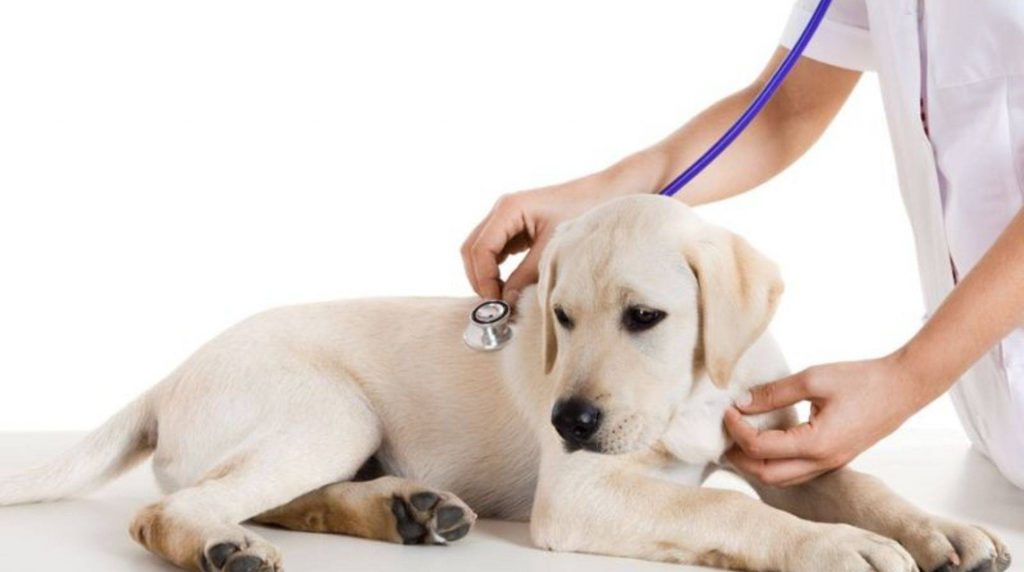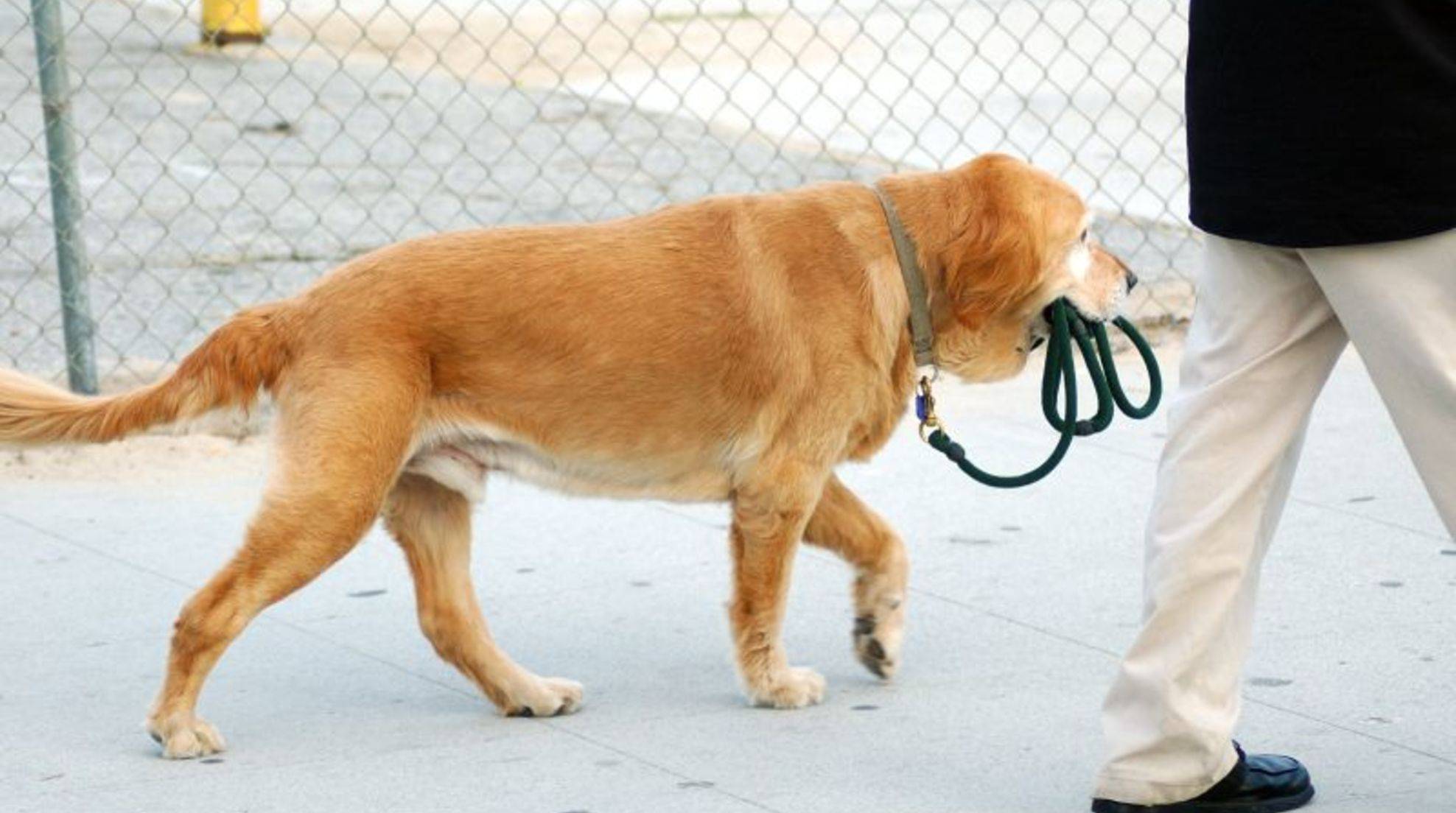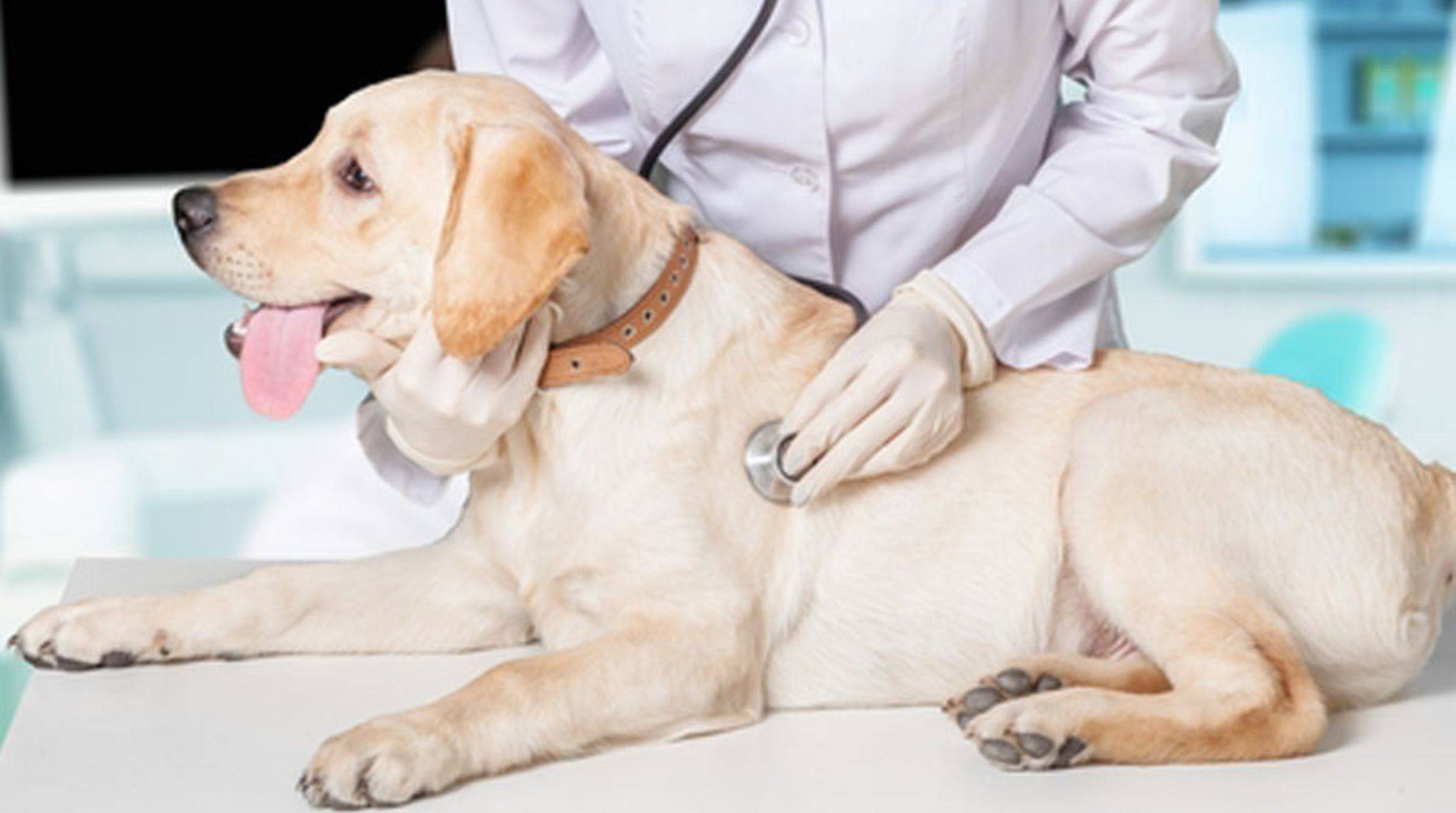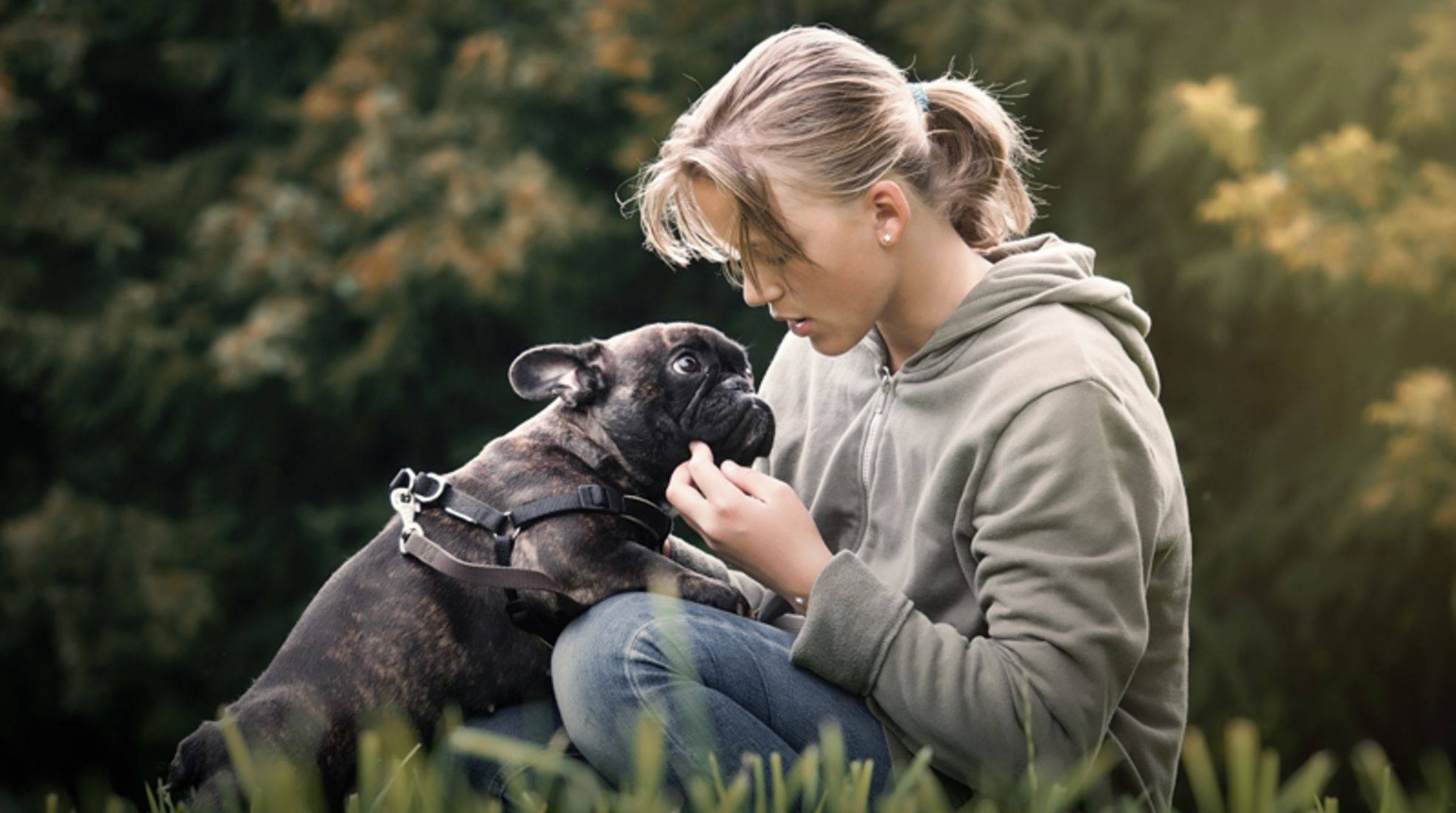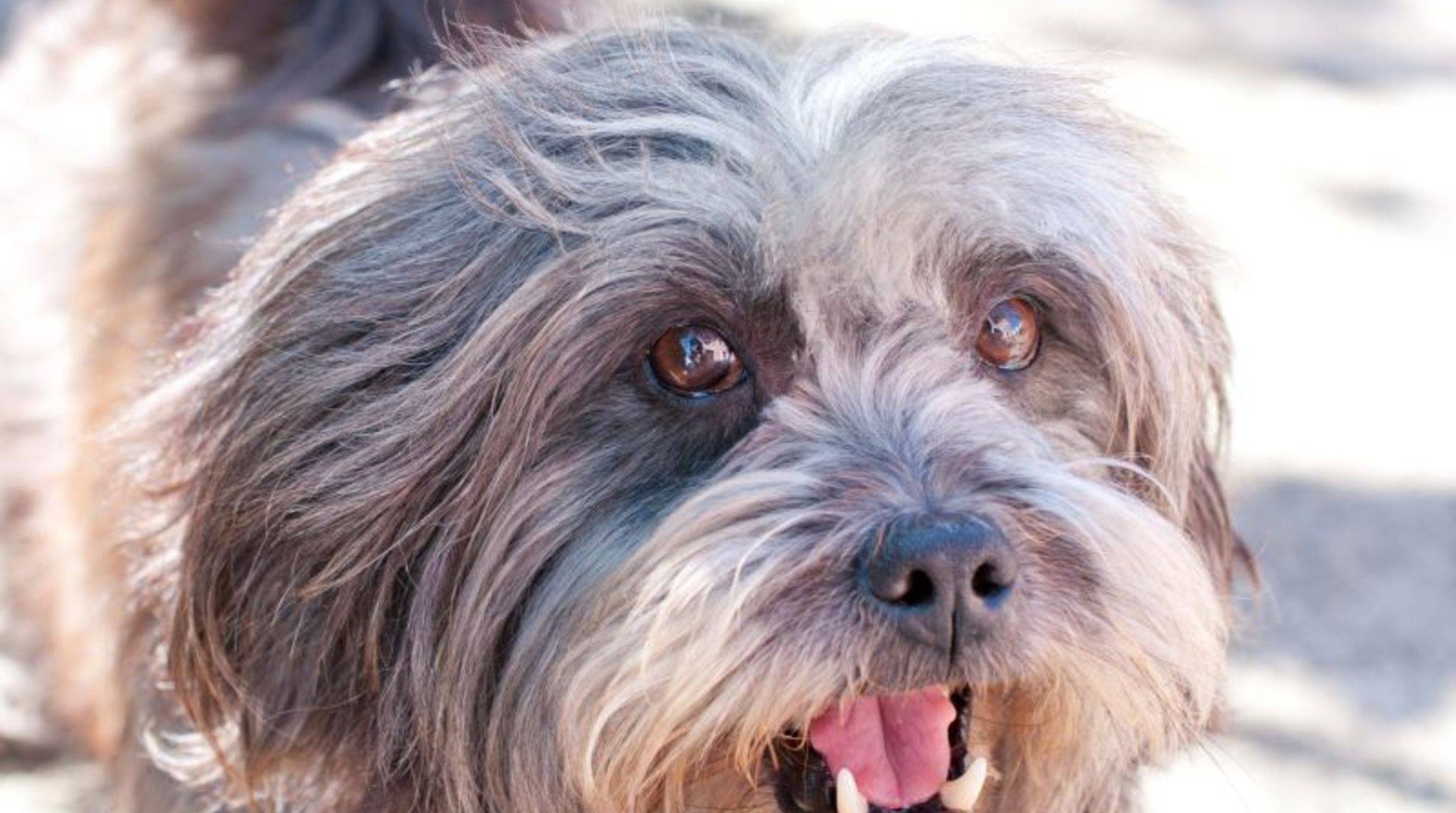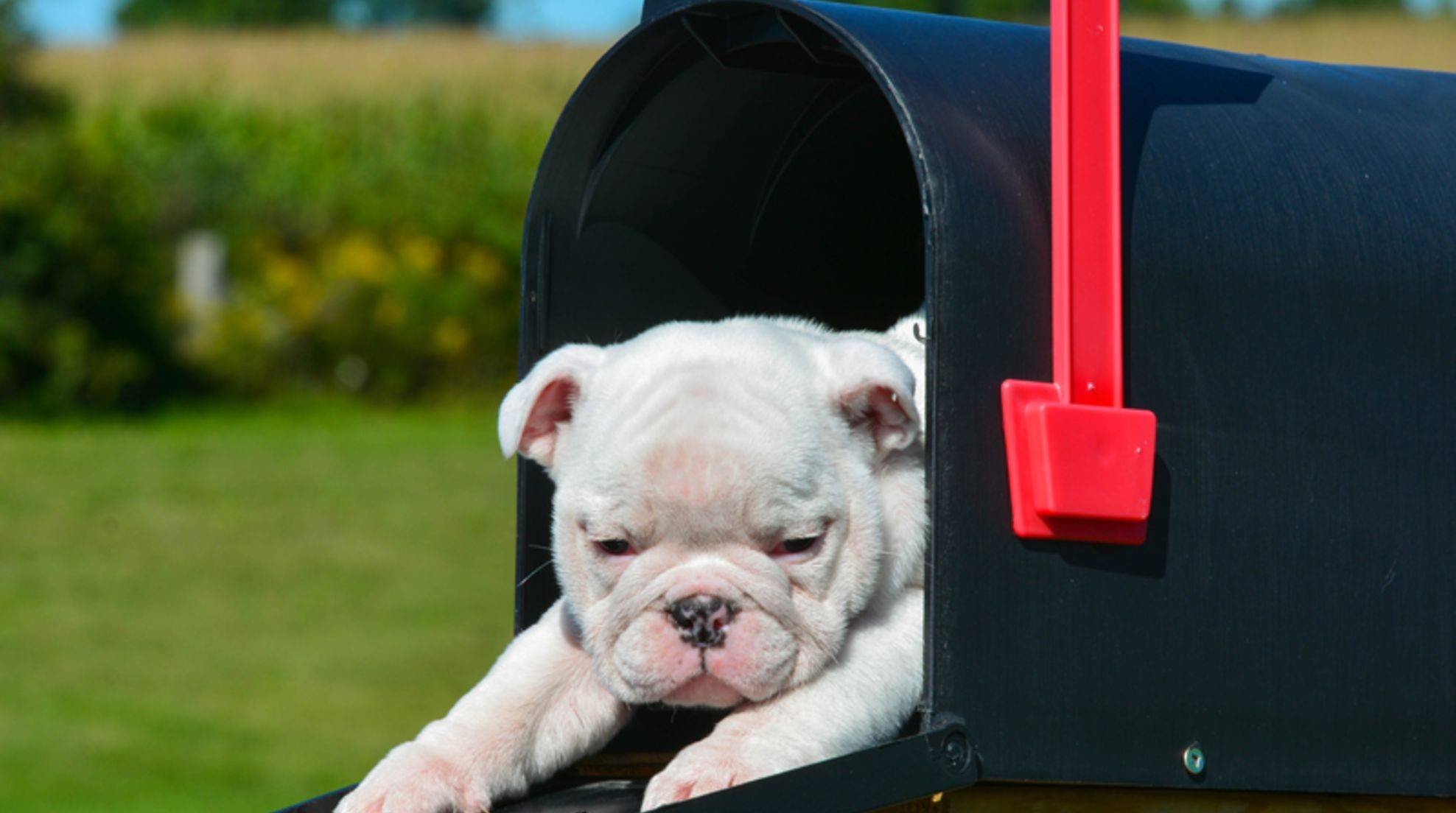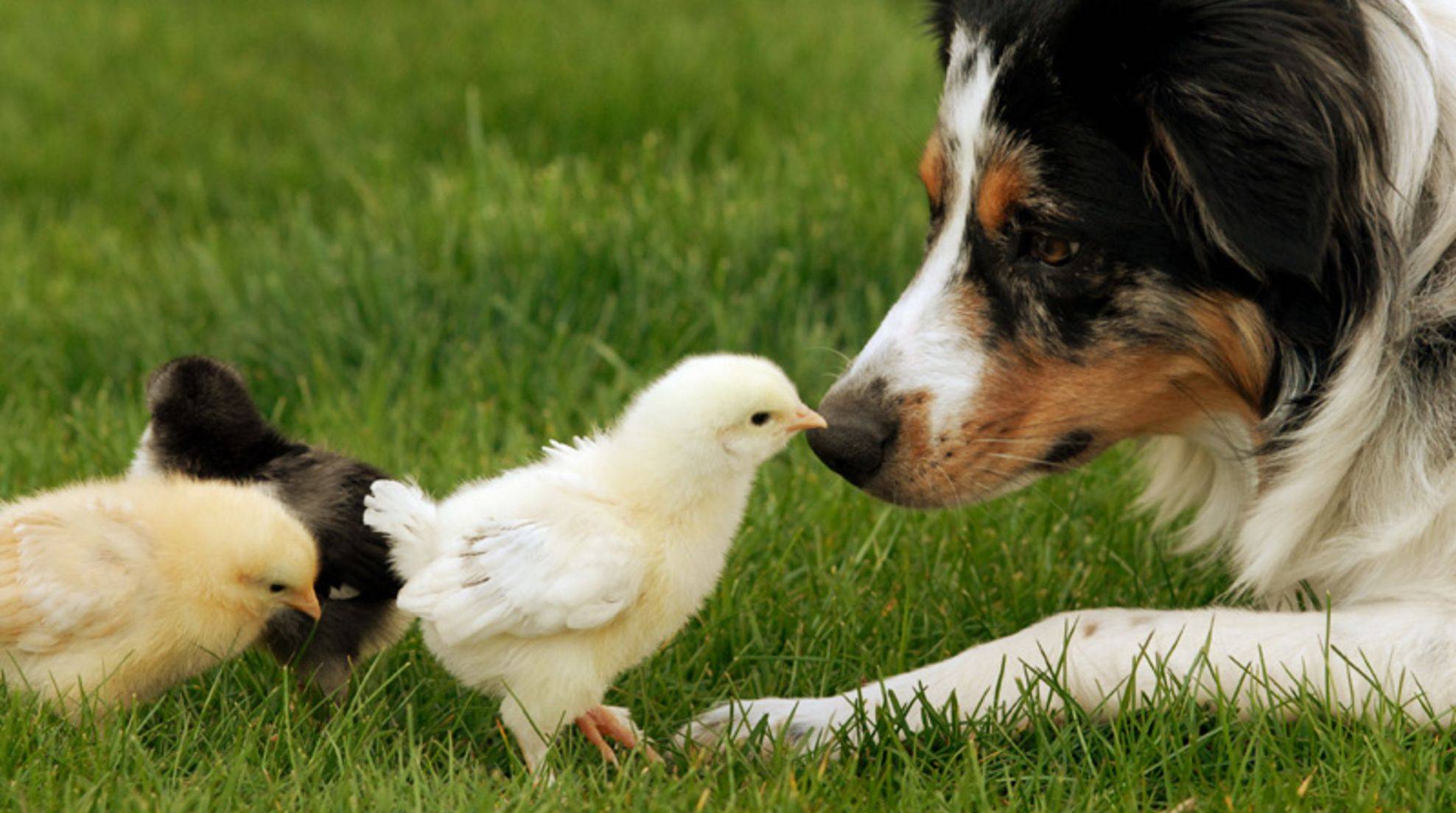Constipation in dogs: causes, symptoms and what helps against it
If constipation in dogs occurs only occasionally and temporarily, there is usually no cause for concern. However, in medical terminology, the digestive disorder, also known as constipation, can become chronic. In this case, quick help from the veterinarian is necessary to avoid fatal late consequences. How you can recognize if your dog has problems with defecation and what you can do then, you will learn here.
If your dog suffers from constipation, he has difficulty defecating. The digested food builds up in the colon and concentrates there, making it increasingly difficult and painful to expel.
The prognosis for dog constipation
Sometimes constipation resolves itself, and the dog recovers quickly from the rigors of indigestion. If constipation lasts longer with your dog, a visit to the vet is recommended. Do not wait too long. Otherwise, constipation can overstretch the intestinal wall and cause so-called megacolon.
The intestinal wall overstretching cannot be reversed and permanently disturbs the digestion of the four-legged friend. The earlier the symptoms are recognized, the causes found and treated, the greater the chances of recovery.
Symptoms: This is how constipation in dogs becomes noticeable
If your dog repeatedly goes into the typical squatting position during a walk to defecate, but nothing comes out, he is suffering from constipation. It may also be that some feces is passed, but it is challenging and dry. Sometimes a so-called pseudodiarrhea can be added; in this case, the animal excretes mucus and blood.
Other accompanying symptoms include severe abdominal pain, sometimes colic, bloating, and “sledding” – where the dog drags its bottom across the floor, as is often the case with anal gland inflammation.
Constipation is generally associated with pain and discomfort for your four-legged friend. This can manifest itself in a loss of appetite, listlessness, and other dog behavior abnormalities.
Possible causes of indigestion
Constipation in dogs can have various causes, ranging from improper diet and insufficient exercise to inadequate care and underlying diseases. Common feeding mistakes include too little fluid intake and too much bone. The latter can happen if you barf incorrectly.
If your dog is fed a lot of dry food and this is not compensated with increased water, this can also lead to constipation. Poor grooming, especially in long-haired dogs, can cause the anus to become smeared and feces not easily pass outside.
Too little exercise leads to intestinal sluggishness – the digested food is no longer appropriately transported, accumulates in the large intestine, and becomes increasingly solid. There can be various reasons for the lack of exercise: Possibly the duration and number of walks are too short, there is a lack of species-appropriate dog sports, or the four-legged friend has difficulty moving. This is the case, for example, with overweight, but also with joint pain, hip problems, arthrosis, rheumatism, and other diseases of the musculoskeletal system.
Inflammations and other diseases as a cause of constipation in dogs
Inflammations and abscesses in the anal region can also make defecation difficult and painful for your dog. The quadruped then “holds back” to avoid the pain when defecating. However, this causes the digested food to build up in the intestine – a blockage develops, and the pain only increases.
Similar things happen when foreign objects such as small swallowed objects or hair-trigger an intestinal obstruction or when a tumor in the anal region prevents digested food from being expelled. Chronic diseases such as hypothyroidism are also often accompanied by constipation.
Side effects of medication and mental stress as triggers
Some medications result in constipation in dogs as a side effect, for example, dehydration tablets, which are often given to dogs with heart problems. Certain painkillers, tranquilizers, and anti-allergic drugs also affect digestion.
In addition, emotional problems can throw the dog’s digestion out of balance, for example, when your four-legged friend’s daily routine changes abruptly or he finds himself in a completely unfamiliar environment. This can quickly affect the stomach.
Home remedies: treat and prevent constipation in dogs.
The right dog food and enough fluids are essential to relieve constipation in dogs. Dietary fiber in raw fiber plays a vital role in dog nutrition. They stimulate intestinal activity and improve stool consistency. It would help if you gave your pet plenty of water to drink. Avoid bones for dog food and give your four-legged friend better nibble sticks or soft chew bones made of buffalo skin for dental care.
Mild laxatives such as lactulose or psyllium husks can also help to quickly soften the accumulated feces in the intestines so that the quadruped can eliminate them. Flaxseed and bran also serve this purpose. Dose these home remedies sparingly and carefully. If in doubt, consult your veterinarian in advance.
What else helps against constipation in dogs?
In addition to high-fiber dog food and plenty of water, exercise can also help to dissolve constipation. It would help if you took your dog for a walk half an hour to an hour after a meal to help the bowel function.
However, if your dog doesn’t feel like exercising and seems apathetic and listless, there may be a severe illness behind it. Your pet may have eaten something unfavorable that has become trapped in his intestines. It is essential to have this clarified quickly by a veterinarian. Also, if constipation persists after two days, you should go to the vet.
The dog has constipation: What does the vet do?
The veterinarian will first talk to you in detail and then explore the cause of the digestive disorder through various examinations. Depending on the diagnosis, he will then initiate the appropriate treatment.
Possible examinations include a colonoscopy or the removal of a tissue sample. Surgery is usually unavoidable if an ultrasound or X-ray examination reveals that a foreign body or tumor is blocking the intestine. If the body is severely dehydrated, the veterinarian may need to administer intravenous fluids.
If the constipation is not chronic, you can also ask your vet for remedies from the field of homeopathy. For example, Nux vomica D6, Bryonia D6 or Graphites D12 can support the treatment.

